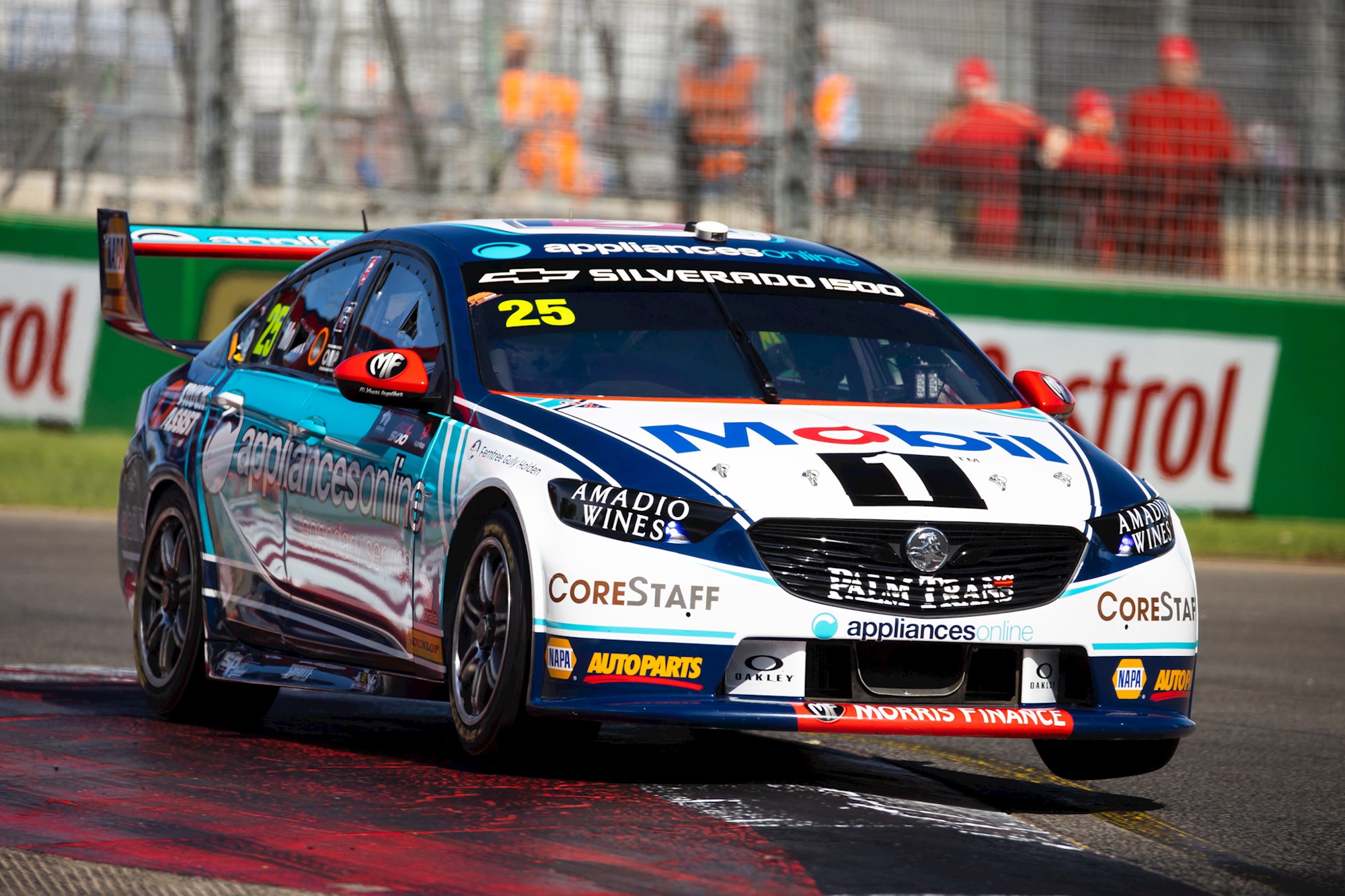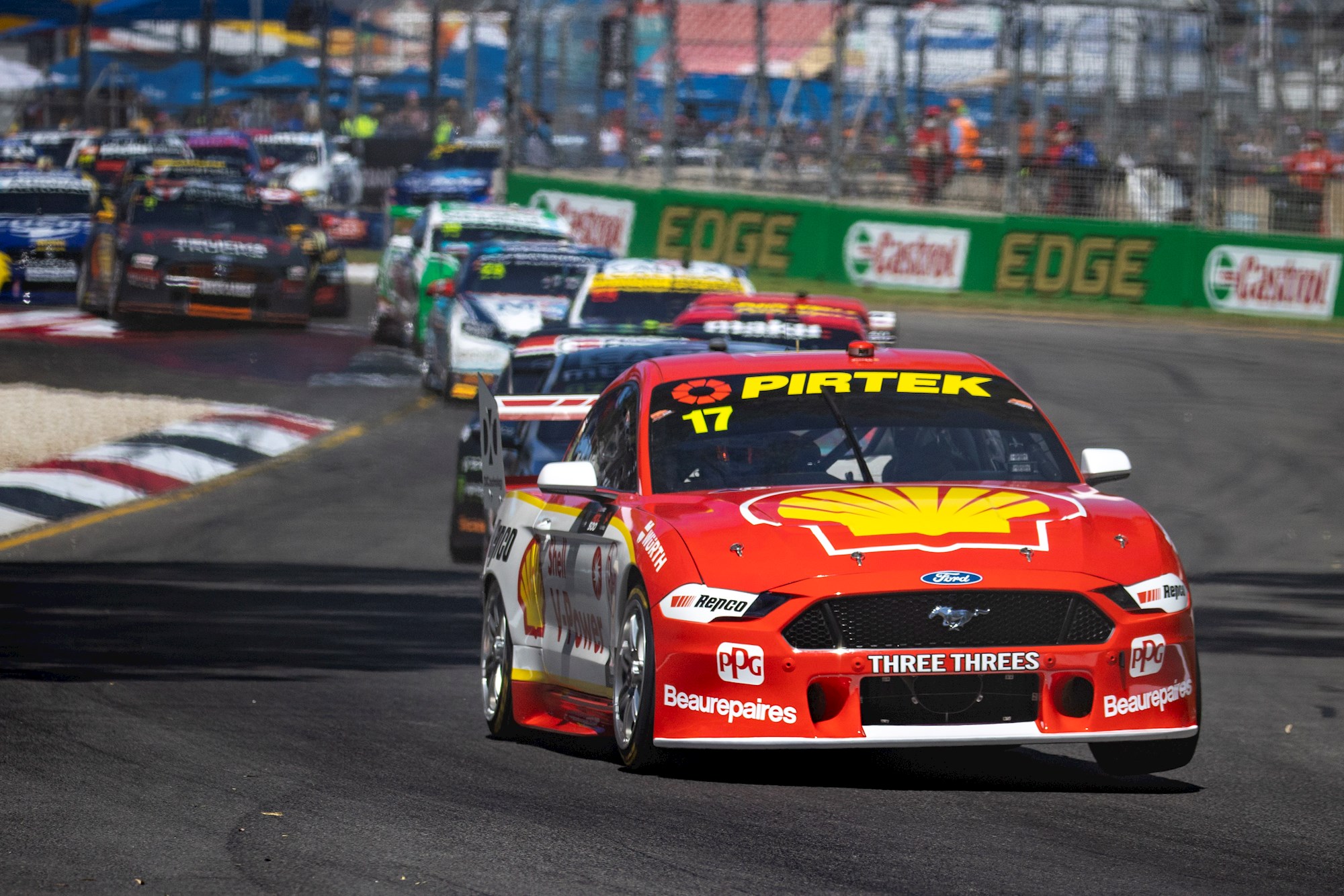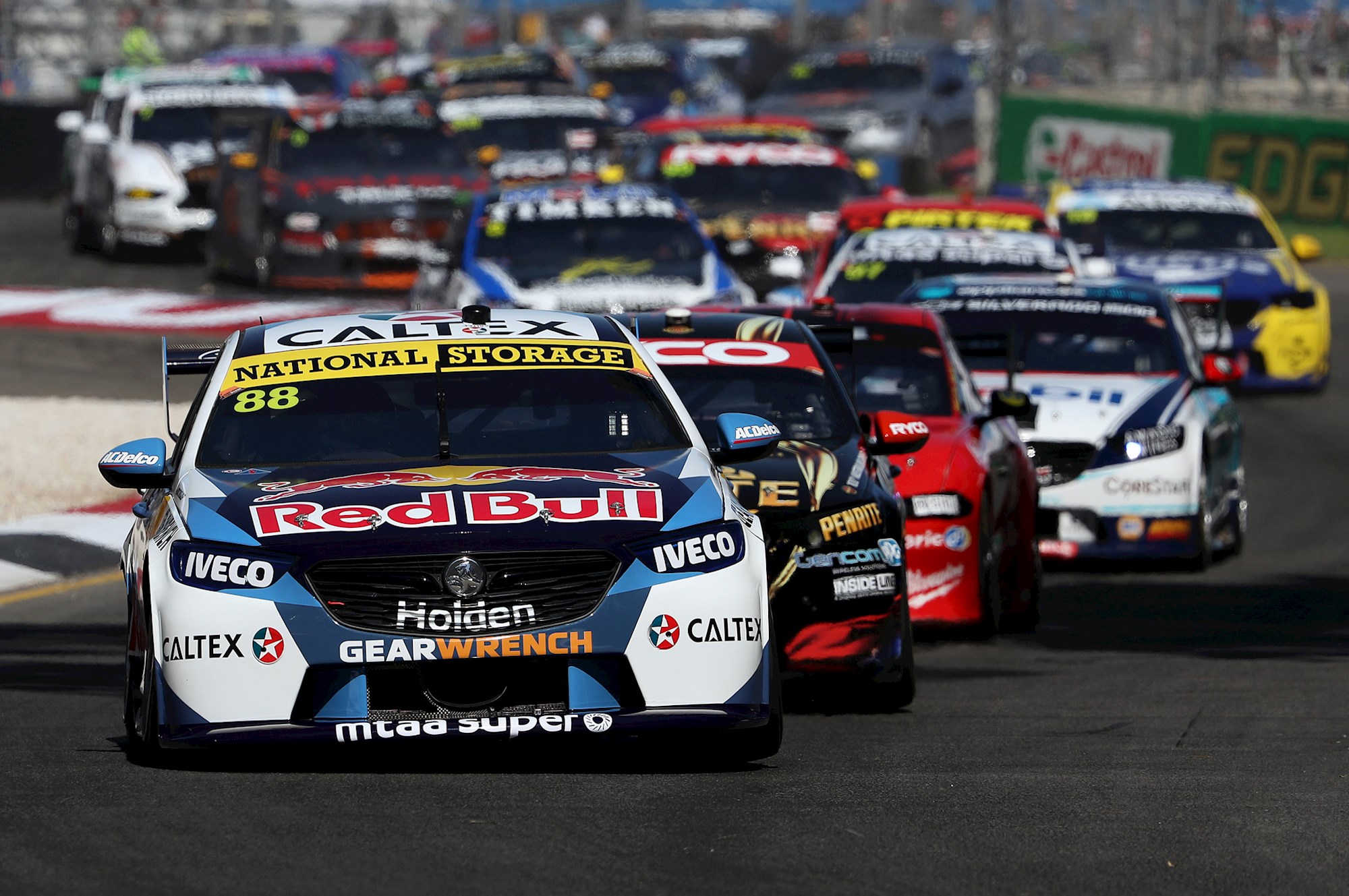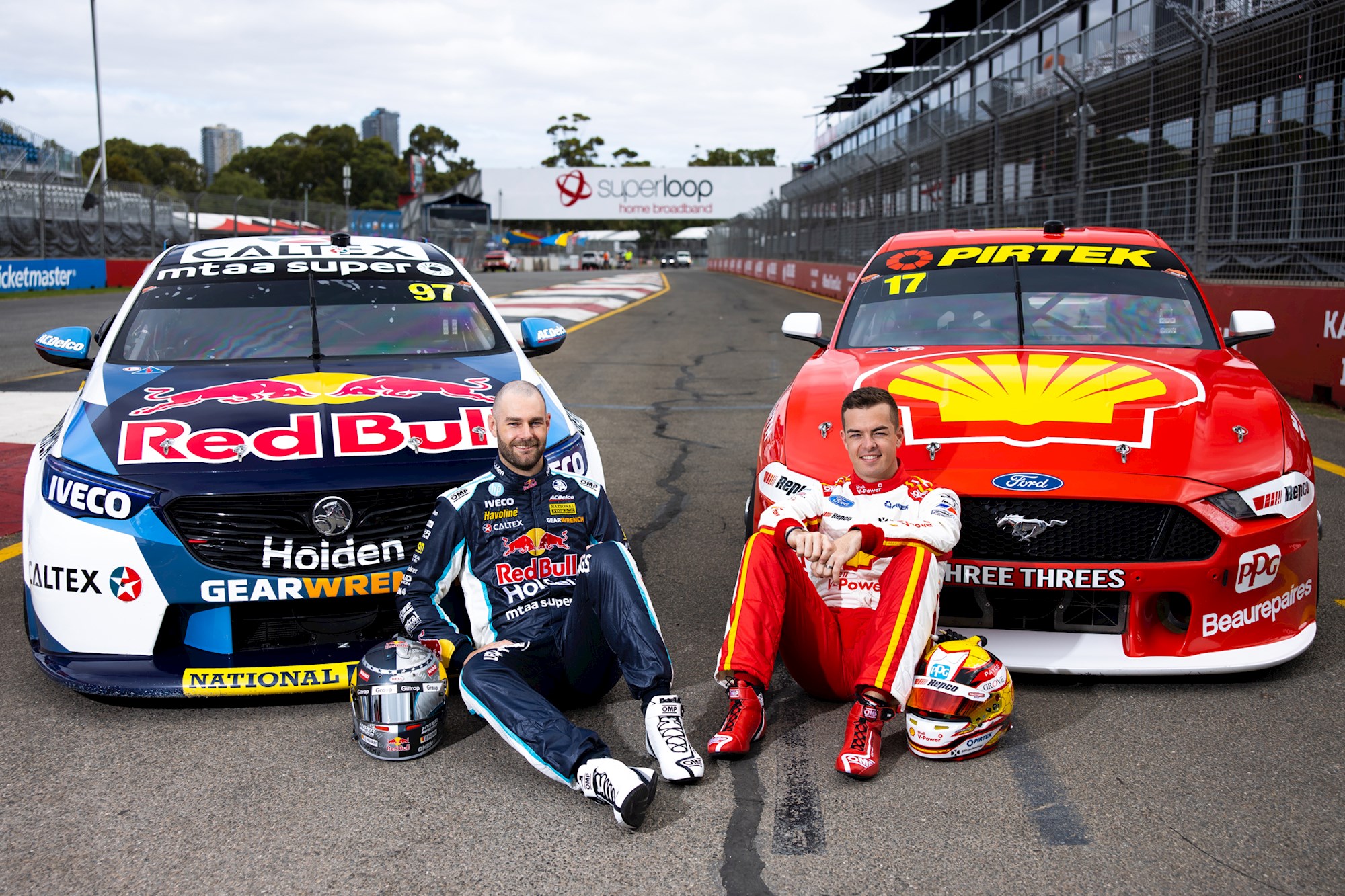Dramatic late-race mechanical failures? Cars crashing? Last-minute sponsor announcements? Last weekend was a doozy.
Most of the Adelaide 500's happenings bode well for the forthcoming 2020 Supercars Championship season. It's an event that has always held mystique not only because of its Formula 1 venue heritage, but because of its uncanny knack of raising more questions of off-season changes than it answers.
That said, there were certainly a few key learnings from the weekend that was.
1. Chaz Mostert's move was the right one

In any other season, Chaz Mostert's decision to swap from Ford's big factory team to the struggling circle at Walkinshaw Andretti United would have by been the biggest story of the season by far.
In the midst of all the chat on parity and 'debris' and 'shootout engines', Mostert's announcement faded into the background somewhat. Still, it cannot be underestimated just how big a leap it was. And, for the most part, it's a move that delivered at Adelaide.
Mostert was on the ball all weekend, poised on the cusp of the top five in just about every session before finishing the event off with a convincing and clever second-place in the Sunday finale.
Sure, there are ways to take the gloss off that result. Walkinshaw cars have a history of being quick out of the gate and being quick at street circuits, for example. But on the flip-side, it was a more complete weekend than either of the team's drivers ever had in 2019.
2. Less aero is great, but not quite a magic bullet

From go, drivers up and down pit-lane were noting that the level of control they had on the cars underneath them had decreased greatly during the off-season. And this was reflected by the amount of attitude each car was showing on track (and, to an extent, the amount of incidents).
With the Mustang getting an extra wing-snip and both car's aero being reduced by around 10 per cent, lower aero was one of the biggest tech changes during the off-season. The list of benefits from the change is long, centering mostly around less 'aero-wash' and easier ability to make passes.
Great ideas in theory, but not necessarily something we saw in practice across the two arguably processional races. Each race had its early skirmishes at turns four and nine, and (perhaps most encouragingly) we saw a few excellent close-quarters battles — including Mostert and Will Davison's physical tiff on Saturday and 'Shane van Gisbergen versus the world' on Sunday. But, for the most part, the racing was relatively spread out for most of the 500 kilometres.
With Gen 3 on the horizon, don't expect much more in the way of immediate changes to the current cars. One hopes that even less aero (and more use of a softer tyre) are on the cards for whatever is coming next.
3. Replace 'parity' with 'manufacturer support'
Out with the old media buzz-word and in with the new.
With Holden most likely exiting the sport at the end of the season as part of its departure from the motoring world, the race is on to find more manufacturer support to fill the void. And the media chit-chat has already started.
Case in point; one of the most interesting yarns of the weekend was the confirmation posted on Speedcafe during Sunday's running that Walkinshaw Andretti United wouldn't run Commodores next season.
Even though the story featured a relatively clear cut quote from team owner Ryan Walkinshaw ("from our perspective, especially now considering the Holden announcement, we will certainly not be racing a Commodore next year," he said), when quizzed on the story after the race he ... err ... maybe had a change of heart.
"I think everyone sort of takes Speedcafe with a grain of salt sometimes," he said. Hmm. Alrighty then.
4. Red Bull is back

The category's most dominant team spent most of 2019 looking out of sorts, getting pipped frequently by Erebus Motorsport and Brad Jones Racing in the 'best Holden' battle. But, they're certainly here to play in 2020.
If it wasn't for a silly mistake on Sunday the Red Bull Holden Racing Team would've locked out the weekend with both of its drivers. Admittedly, van Gisbergen was never really in the hunt for the win on Saturday and neither did Jamie Whincup on Sunday. But, had things gone to plan, the team would've not only won both races on both says — they would've won them comfortably.
Still, if I was a Ford fan I wouldn't be too concerned, because ...
5. The competition is much more equal now

Had Scott McLaughlin qualified better on the Saturday (oil on the track for the last circle of runners in the shootout was a factor, according to Mr. van Gisbergen), he would've clearly been in the hunt to win. Davison, having spent almost every practice and qualifying session in the top four, was unlucky not to claim a podium on Saturday after a pit-lane error cost him time. The two Kelly Racing Mustangs showed glimmers of potential, despite being rushed to completion and rough around the edges.
It's taken the series just two races to have two different race winners, as opposed to last year when it took five; and that only happened really because McLaughlin was bizarrely annihilated on an out-lap at the Melbourne Grand Prix by Cameron Waters.
Not to take the shine off McLaughlin's incredible 2019 achievement (after all, he was the sole Mustang driver to achieve such results), but it's massively refreshing to see him fighting tooth and nail with the pack again. And, simultaneously, Tickford appear to be closer to the front as a collective, too.
He'll still win a bunch and factor for the championship (of which he currently leads), but after round one it's looking highly unlikely that he'll get close to that 18-wins-in-a-season record.




